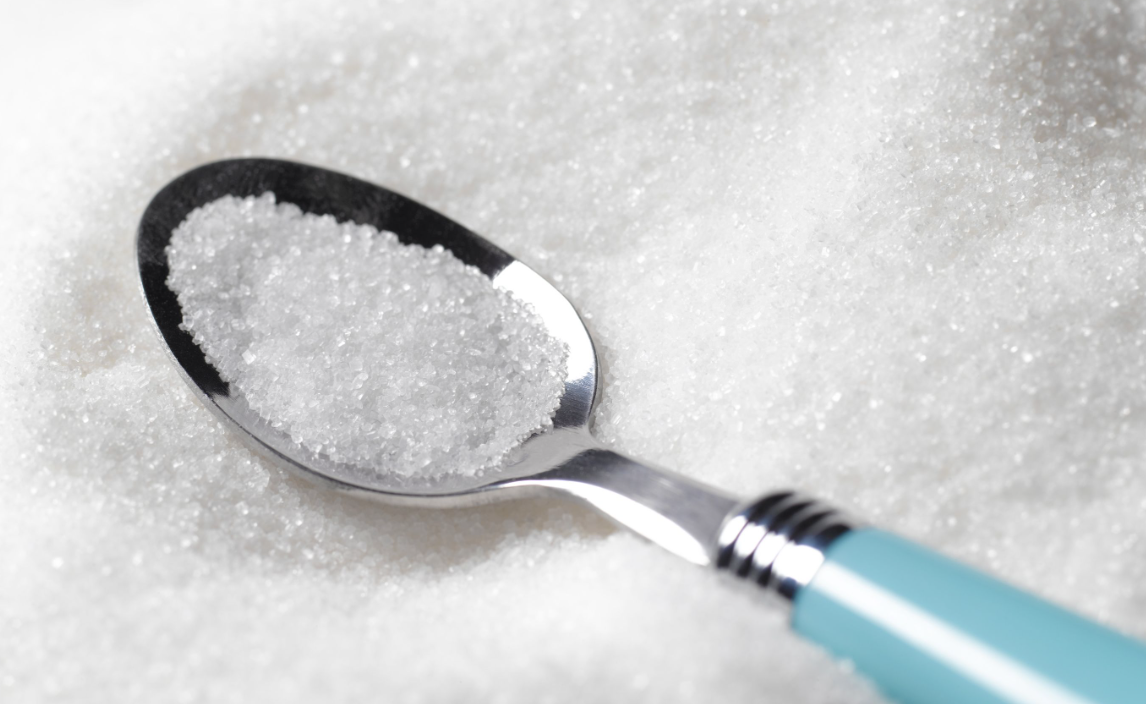This should not come as any surprise to anyone.
For years, we have known that diet sodas were not good for the populace, right?
We also know that these alphabet agencies lie too.
Now, it appears that this fake sweetener is about to be banned.
According to reports, the World Health Organization’s (WHO) cancer research division and the International Agency for Research on Cancer (IARC) will both classify Aspartame, one of the most widely used artificial sweeteners in the world, as a potential carcinogen.
Sugar-free sodas, sauces, energy drinks with no added sugar, and sugar-free chewing gum are among the goods that employ this sweetener.
Since 1981, it has been deemed safe to consume within established daily limits.
According to a 2002 finding by the European Scientific Committee on Food, aspartame is 100 percent safe at recommended daily intake levels. The European Food Safety Authority similarly came to the same conclusion in 2006 that aspartame intake at the established limits was safe.
The IARC and WHO will, however, designate aspartame as “possibly carcinogenic to humans” starting in July.
“IARC has assessed the potential carcinogenic effect of aspartame (hazard identification),” an IARC spokesperson told the Guardian.
“Following this, the joint FAO/WHO expert committee on good additives will update its risk assessment exercise on aspartame, including the reviewing of the acceptable daily intake and dietary exposure assessment for aspartame. The result of both evaluations will be made available together, on July 2023.”
The International Sweeteners Association (ISA), for example, includes Mars Wrigley, a unit of Coca-Cola, and Cargill. The secretary general of ISA, France Hunt-Wood, condemned IARC for informing the public about the potential risk factors, saying, “IARC is not a food safety body and their review of aspartame is not scientifically comprehensive and is based heavily on widely discredited research.”
ISA also said that it has “serious concerns with the IARC review, which may mislead consumers.”
Kate Loatman, the executive director for the International Council of Beverages Associations, also expressed concern with the IARC opinion, which could “needlessly mislead consumers into consuming more sugar rather than choosing the safe no- and low-sugar options.”
Certain regulators are also expressing concern that the IARC and WHO working separately on their investigations into aspartame will be confusing for the public.
Nozomi Tomita, an official from Japan’s Ministry of Health, Labour and Welfare, wrote a letter on March 27 to the WHO’s deputy director general, Zsuzsanna Jakab, saying, “We kindly ask both bodies to coordinate their efforts in reviewing aspartame to avoid any confusion or concerns among the public.”
In the past, the IARC has faced criticism for causing public alarm after labeling other things “potentially cancerous,” including red meat and mobile phones.
Let me know what you think!


Leave a Comment